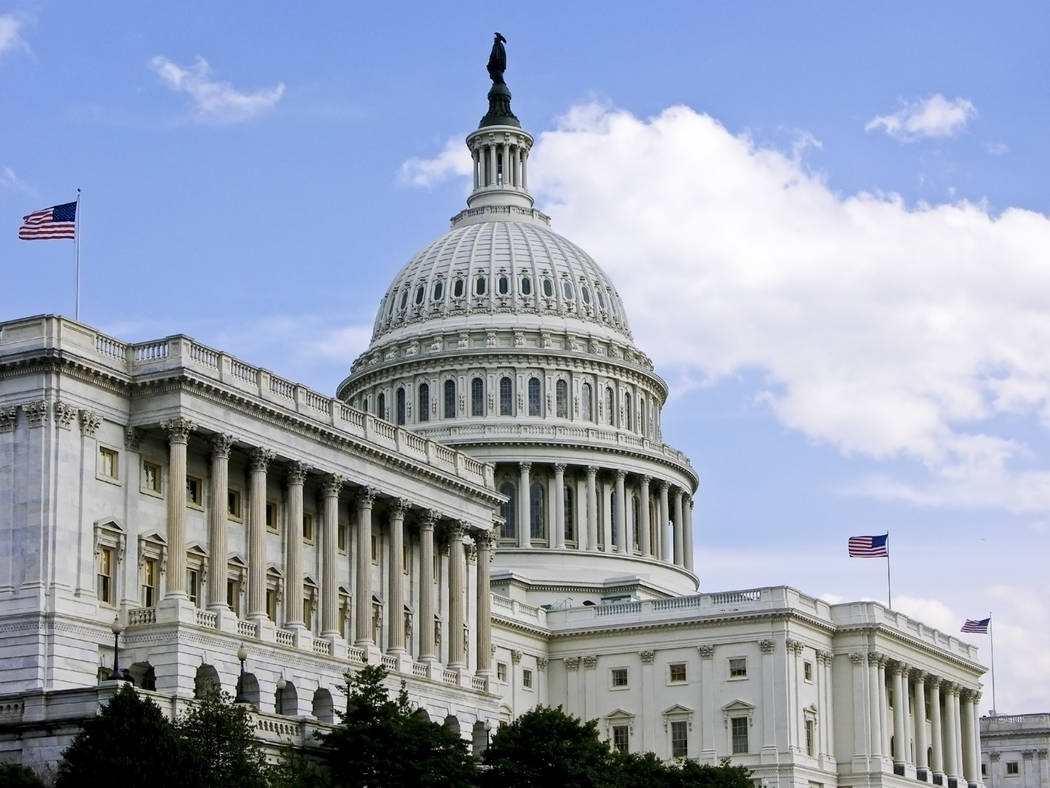EDITORIAL: The Republican budget busters?
Congressional Republicans and the president have caught plenty of grief lately for passing a $1.3 trillion budget blueprint that may add trillions to the debt in the coming years. Many of the critics have a point about the disconnect between GOP campaign rhetoric on spending restraint and the party’s actual governance.
The frustration is perhaps felt most profoundly by fiscally responsible voters who keep casting ballots for Republican candidates only to see the size and scope of the federal behemoth continue to balloon. That perception helps explain the rise of the tea party movement and an increase in primary challenges against GOP incumbents.
Are we all big spenders now? Maybe not.
In his Wall Street Journal column last week, Greg Ip points out that, believe it or not, Republicans have made some progress keeping spending in check. The factors driving the debt and deficits at this point are military spending and entitlements.
“Domestic discretionary spending in fiscal 2019 will be less than in 2012, without adjusting for inflation,” Mr. Ip writes. “At less than 3 percent of GDP, it would be near the lowest in at least 50 years. This category encompasses almost everything other than defense and entitlements. … In that narrow sense, the federal government is getting smaller. Its civilian workforce is the smallest as a share of total employment since World War II.”
Promoting policies that may help expand economic growth would help contain future deficits. In addition, defense spending should not be immune to budget scrutiny. But what Mr. Ip’s analysis suggests is that keeping entitlement spending on cruise control as the nation’s population ages is a recipe for fiscal disaster and threatens the resources that sustain thousands of other federal spending programs.

















